Responsible Travel
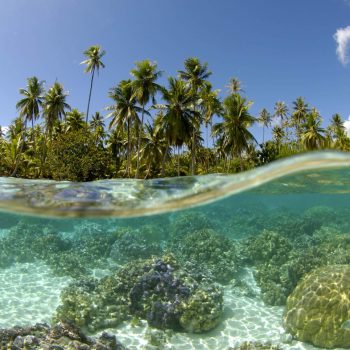
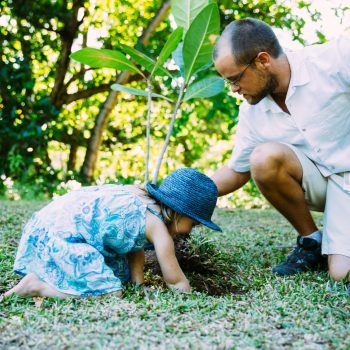
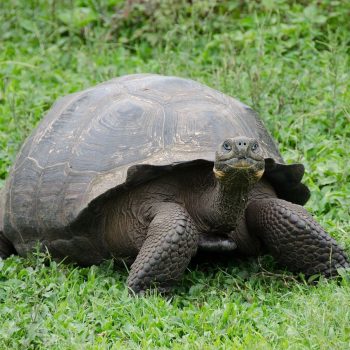
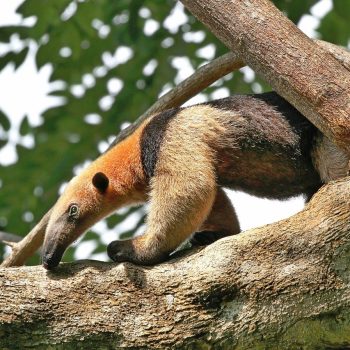
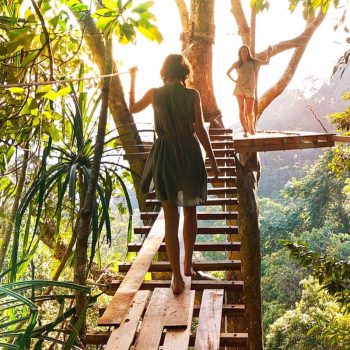
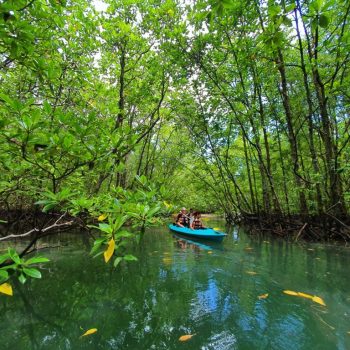
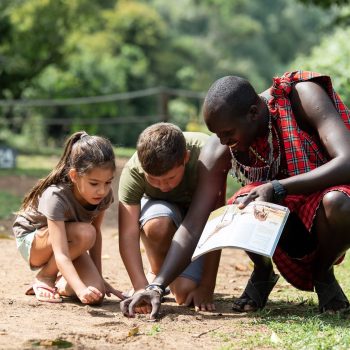
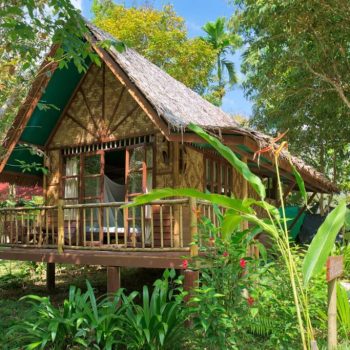
We define Responsible Travel as carefully assessing the method and approach of travelling to a destination. You are purchasing an experience that is not owned by anyone and is shared by many, and as such we believe it should ‘preserve’ natural environmental resources both land and sea, ‘protect’ flora and fauna, and ‘promote’ indigenous heritage, cultures and traditions. Pure Breaks believes that these 3 P’s are fundamentally connected to the notion of ‘respect’, and form the foundation of responsible travel.
We have forged partnerships with operators, accommodation providers and social impact organisations that take the Responsible Travel approach. Pure Breaks provides customers with peace of mind knowing they’re not just buying a holiday – our trips and unique escapes are focused on Responsible Travel. We partner with transformative organisations that put conservation and social impact at the forefront of their ethos. One such organisation is &Beyond:
What does Responsible Travel mean?
Responsible Travel doesn’t just mean to go on a trip that is environmentally friendly, it is to provide enriching experiences and activities that connect and give back to the community. It means to carefully travel to a place of interest and not to transform the place negatively by the sheer presence of oneself. To find a hotel in a stunning location with luxury facilities can be seen as the perfect holiday, but do we stop to consider whether these hotels (often large international hotel conglomerate chains) are benefiting the community and the environment?
In the past, hotels have recruited internationally, or brought hotel staff from other regions with higher educational attainment. This has led to little local employment, apart from low income jobs in maintenance and cleaning. Additionally, in light of the impact of the pandemic many of these roles were the first to go, creating deprivation that significantly impacted community development.
Here at Pure Breaks we have not set out to exclude large hotel chains. They are increasingly taking a CSR approach to their operations and are making significant strides to change the ways of the past. However, we feel that there are many unique, independent accommodations that are at the forefront of conservation and sustainable practices, limiting the number of guests that stay with them and benefiting local communities, and as such they have been given a platform by us for their responsible approach.
Depending on the destination’s size, economic status, rural location or political standpoint, acting responsibly with its natural resources and ensuring your holiday is following sustainable practices might not be easy to define. This is why we handpick our countries, accommodations and local tour operators, based upon their responsible operations, sustainable initiatives and eco-friendly practises. This is ascertained from social impact assessments with the local community, in depth assessments of accommodations and checking certifications of local tour operators with approved organisations from the Global Sustainable Tourism Council (GSTC) inline with the 17 sustainable goals set by the United Nations.
Pure Breaks Responsible Travel Examples
The beacon of sustainable and environmental conservation is Africa, with its vast and industry leading initiatives to reduce their footprint and carefully monitor tourism impact. Many accommodations have actively installed the use of solar plants, water waste treatment stations, operate wildlife conservation projects and use refillable water containers for guests to use. A huge aspect of African destinations is the support to local communities and its elevation through education and job prosperity.
Costa Rica is another prime example of a destination that focuses on reducing the footprint made by tourism, and in so-doing preserving the natural beauty, the country exudes. Through creating new coral reefs, expanding national parks to make room for more animal species to thrive and using renewable energy initiatives, Costa Rica is setting an example for other countries to follow. These attributes make up the assessment framework Pure Breaks uses, in order to identify more responsible travel operators.
Why is Responsible Travel so Important?
Why does all this matter and why should you know about it before going on holiday? The essence of enjoying a responsible travel holiday is your choice of destination, accommodation, means of transport and activities you choose to participate in, once at your destination. A Pure Breaks getaway is simply that, a pure form of trip where you enjoy your Adventure, Safari or Honeymoon whilst minimising the detrimental tourism footprint at that location and in so-doing facilitating a more responsible travel holiday.
Frankly, just visiting a location isn’t necessarily benefiting the local community, and it can be quite the opposite. A holiday where you experience and get involved with local communities through learning and sharing personal experiences can lead to a more active and enriching trip, all facilitated by Pure Breaks.
Through creating these activities for tourists and guests of local accommodation, the Resort, Lodges or a Safari Tent is furthering the attraction of their location and overall experience. In so-doing, they are protecting what the tourists are actually going to see – the natural beauty of the destination, hotel or activities. These are practices we actively search for, that benefit the travel industry, environment and reduce the footprint we leave behind as a responsible tour operator.
To answer the question simply, we like to refer back to our 3’ps – Protect, Preserve and Promote with respect, so that all those that follow in your footsteps both locally and internationally can enjoy their own responsible travel adventure.
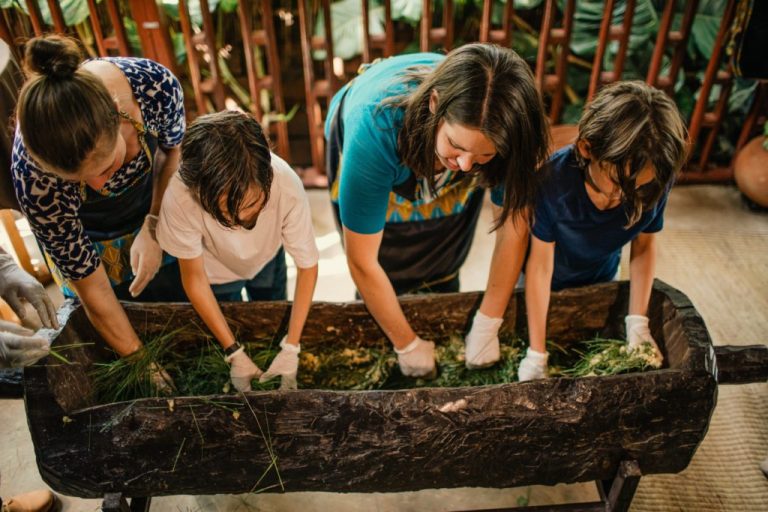
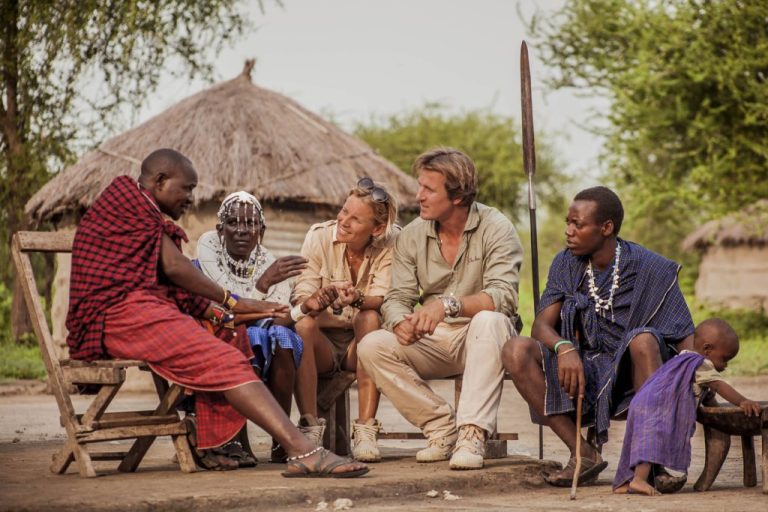
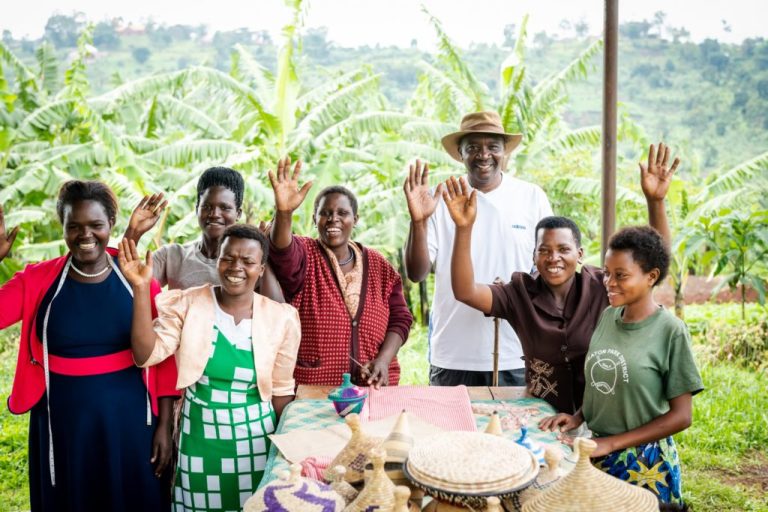
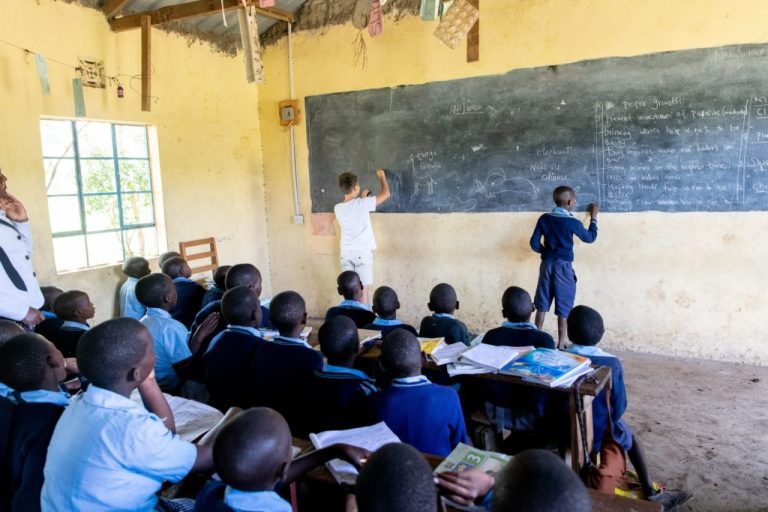
What's the difference in Eco Friendly, Sustainable and Responsible Travel?
The two terms, “Sustainable” and “Eco-friendly” are widely misunderstood, incorrectly labelled and often heavily linked to the term “Responsible Travel”. Our first definitive action was to assign the word “practices” to both terms. Why? The reason is that no one activity, accommodation or local tour operator can claim to be fully (without impact or adverse effect) sustainable or eco-friendly. The human actions we take all have a consequence for the planet, leaving a footprint that is both social and environmental. However, one can always be ‘practising’ and doing their best to minimise impact – a hallmark of the Pure Breaks approach.
We’ve compiled a few main differences below, which also make up the assessment criteria for Pure Breaks to determine whether we will partner with a destination, accommodation, or local tour operator.
Responsible Travel Definitions
Eco-friendly Practices
- Minimises harmful or detrimental operations to the natural environment.
- The conservation of natural resources and habitats.
- The use of Water and Waste management initiatives/systems, shower usage reduction installations, natural pool management techniques reducing chemical usage, towel and laundry reuse policies and refill toiletry supplies none harmful to the environment.
- Inclusion of Solar Panels to harness the sun’s power or alternative renewable energy sources.
- The utilisation of Natural waste from animals to fertilise near by land.
- Re-composting, reducing and redistribution of food, minimising food waste.
- The re-wilding of savannah’s, delta’s and forests through: reforestation, removal of invasive flora/fauna and the reintroduction of dwindling numbers of wildlife.
- Marine protection and conservation including coral replacement and rejuvenation projects.
- The use of electric vehicles/boats, installation of energy saving light bulbs, air conditioner eco-auto controlled environments in hotel rooms.
Sustainable Practices
- The creation of work for the local community, providing a means of earning with a careful consideration on the needs and impact of any tourism activity with the local community.
- Empowerment of the community through the development of younger generations providing skills training and educational support.
- Providing refillable water stations instead of plastic counterparts from the accommodation you’d be staying in and requesting guests bring their own refillable water bottles to preserve the environment from highly harmful materials not native to the local environment.
- To preserve animal numbers in a specific area whilst also providing tourists the ability to observe the wildlife.
- Accommodation, local tour operators or areas of land and sea that pursue the minimisation of mass tourism, preserving the natural ambience, cultural and traditional roots of a region.
- Provision or support to the health and wellbeing of locals, through dental and doctor surgeries in very rural regions, limiting the pollution and…
- Actively providing a nature-positive impact through projects to encourage visitors to plant trees native to the region, cleaning coastal and wild habitat areas.
- Protection of endangered animals/species through donations, volunteer impact support or wider awareness knowledge sharing.
Pure Breaks has undertaken an exhaustive research process that is not strictly linked to international certification only. We have considered the situation where some very rural tourism operators or accommodations are simply in a remote area where certification does not fit in terms of cost, assessment and practicality, yet we can clearly see that the organisation is acting responsibly.
Any Questions?
If you have any questions about who we are or what we do, contact one of our Travel Advisors or request a call back.
